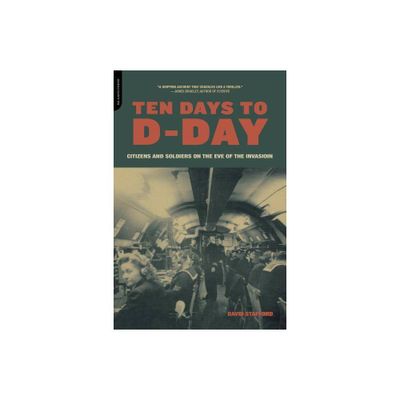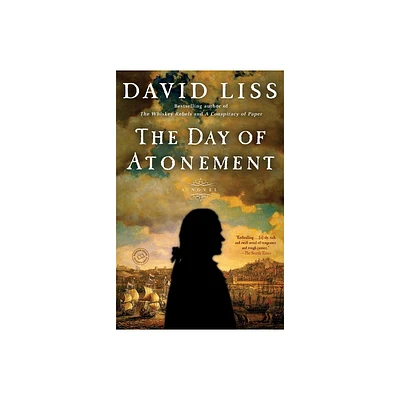Home
The Days of David McWilliams
Loading Inventory...
Barnes and Noble
The Days of David McWilliams
Current price: $17.99


Barnes and Noble
The Days of David McWilliams
Current price: $17.99
Loading Inventory...
Size: OS
*Product Information may vary - to confirm product availability, pricing, and additional information please contact Barnes and Noble
This 22-track compilation is largely drawn from the three albums
McWilliams
released on
Major Minor
in 1967-68, tagging on a B-side apiece from 1968 and 1969. Although it's agreeable folk-pop-rock, it's hard to get worked up about it, due both to its rather generic qualities and its obvious inferiority to the obvious comparison,
Donovan
.
"Days of Pearly Spencer,"
with a more memorable melody and darker, more forceful atmosphere than anything else on the disc, remains the standout in
's repertoire (and is of course included here, as the leadoff track). Shades of
Bob Dylan
and
Bob Lind
can also be detected, though always in a somewhat less dangerous, more pop-inclined slant than any of the singer-songwriters with whom he might have shared similarities. As for some of the better tracks,
"Redundancy Blues"
bears some resemblance, melodically, to the (subsequent)
Al Stewart
track
"The Ballad of Mary Foster,"
while
"Hiroshima"
is an early
-
Dylan
-style look at nuclear danger, though with an effective, almost jazzy uptempo rock-baroque arrangement. ~ Richie Unterberger
McWilliams
released on
Major Minor
in 1967-68, tagging on a B-side apiece from 1968 and 1969. Although it's agreeable folk-pop-rock, it's hard to get worked up about it, due both to its rather generic qualities and its obvious inferiority to the obvious comparison,
Donovan
.
"Days of Pearly Spencer,"
with a more memorable melody and darker, more forceful atmosphere than anything else on the disc, remains the standout in
's repertoire (and is of course included here, as the leadoff track). Shades of
Bob Dylan
and
Bob Lind
can also be detected, though always in a somewhat less dangerous, more pop-inclined slant than any of the singer-songwriters with whom he might have shared similarities. As for some of the better tracks,
"Redundancy Blues"
bears some resemblance, melodically, to the (subsequent)
Al Stewart
track
"The Ballad of Mary Foster,"
while
"Hiroshima"
is an early
-
Dylan
-style look at nuclear danger, though with an effective, almost jazzy uptempo rock-baroque arrangement. ~ Richie Unterberger


















